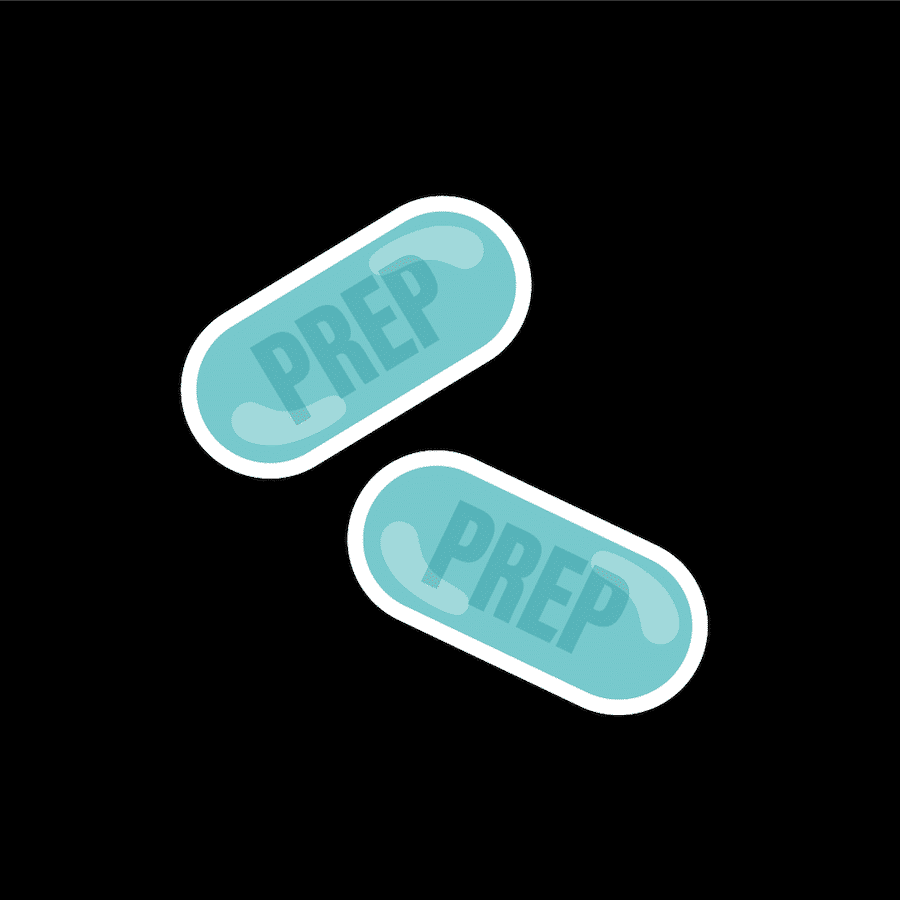WHAT is your sexual health?
The first assumption when someone says “sexual health” is putting condoms over bananas at school.
While this can be relevant for some of us, sexual health ultimately means looking after your physical and emotional wellbeing when having sex.
Like most things we do in life, having sex can have some risks or unwanted outcomes for our physical health. This can either mean getting an STI – a sexually transmitted infection, or you or your partner having an unplanned pregnancy.
These are not inevitabilities of sex but they can happen so knowing what you can do to reduce the possibility and incorporating protection methods that work for you is important.
WHY it matters?
There are many emotional and physical health benefits to having sex. Admittedly, thinking about STIs or pregnancy prevention is not the sexiest part of sex, but it does come with the package. The more ontop of it you are, the more you can focus on and enjoy the sex you want to be having.
Our emotional wellbeing is often discussed within sexual health as an afterthought, but having sex we didn’t enjoy, or didn’t want to have can significantly impact our mental health and wellbeing.
Deciding your own likes, dislikes and boundaries is an essential part of looking after your sexual health as well as seeking support if your boundaries aren’t respected. Equally, paying attention to and respecting our partner’s boundaries is a necessary and ongoing part of it.
WHO needs to look after their sexual health?
Ultimately, anybody having sex will need to look after their sexual health. Some STIs are more common depending on your sexuality and the kind of sex you’re having.
HIV, Syphilis, Hepatitis B and C are more prevalent in the UK amongst men who have sex with men (MSM), and trans folk who are having penetrative sex.
It is possible to get pregnant or get someone pregnant if one of you produces sperm and the other has a vagina and uterus. This is still true if both or either of you are taking hormones as part of gender affirming care.
WHAT and WHEN do you need to do?
Before
Vaccines – Some STIs, like Hepatitis B and HPV can be vaccinated against. Once vaccinated you are immune to contracting these viruses during future sex.
During
Condoms are the only form of protection from both STIs and unwanted pregnancy. They are worn over the penis, or internal condoms can be worn inside the vagina or anus during sex and create a physical barrier so sexual fluid can’t be transferred to each other.
Ongoing
HIV PrEP – Pre-Exposure Prophylaxis – is a pill you take before and after sex to prevent you from getting HIV. It is incredibly effective when taken correctly and recommended for anyone having penetrative sex (anal or frontal/vaginal sex) with queer men or trans folk.
Birth Control – covers multiple kinds of hormonal and non-hormonal options, both short and long term that you take continuously to prevent you becoming pregnant. They do not prevent against STIs.
Testing – Everyone should test regularly for STIs. Each infection has a delay before it will show up accurately on a test after being transmitted so we recommend testing every 3 months-6months depending on how frequently you have sex. If you have a cervix and are over 25, you should also go for a cervical screen every 3 years.
After
Treatment – STIs don’t go away on their own but all STIs can be managed or treated. Taking the appropriate treatment is best way to look after your health and that of your current and future partners.
HIV PEP – A highly effective course of treatment taken after sex where the risk of HIV transmission was high. Must be started within 72 hours of the sex.
Emergency Contraception – Commonly referred to as the morning after pill, is something you can take (either as a pill or in some cases a coil is inserted inside the cervix) up to five days after sex to prevent a pregnancy if other contraceptive methods have failed.
DoxyPEP – There is growing evidence to show taking an antibiotic doxycycline 72hours after sex can reduce the possibility of bacterial infections; chlamydia, gonorrhoea and syphilis.
WHERE
To access support for any part of your sexual health contact 56 Dean Street clinic to book an appointment. Anyone under 18 can walk in for anything or if you are trans and/or a gay or bisexual man you can still walk in under 21.
If your support need is time sensitive, like PEP or Emergency Contraception or if you’ve been assaulted, you can walk in to 56 Dean Street or A&E if it’s out of hours.
For routine screening you can order free test kits online at SHL. Pharmacies can also provide immediate support and medications so it may be worth checking with your nearest one.
To find out more about anything mentioned visit www.dean.st

